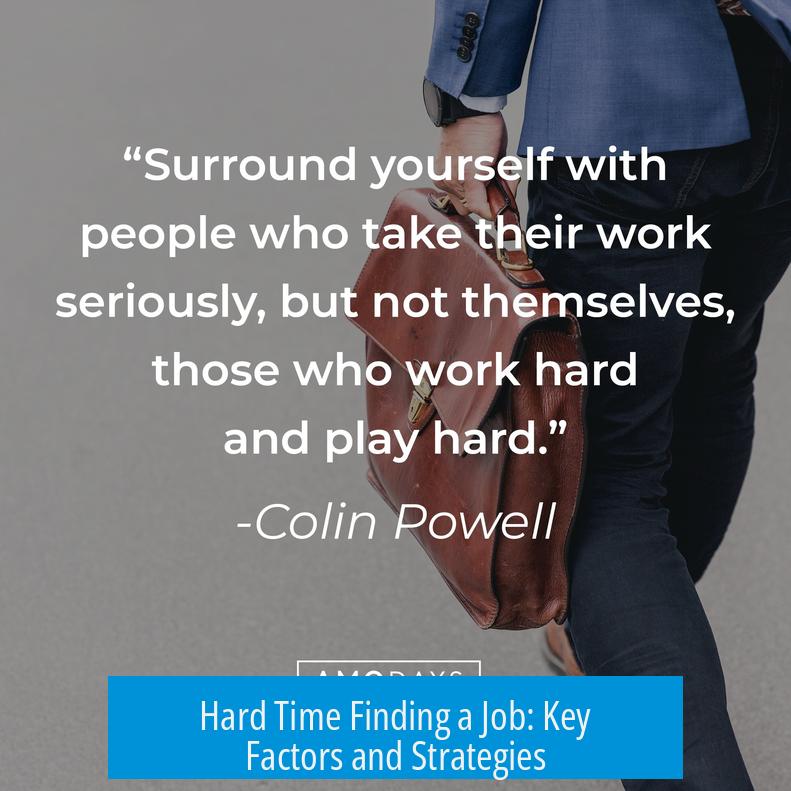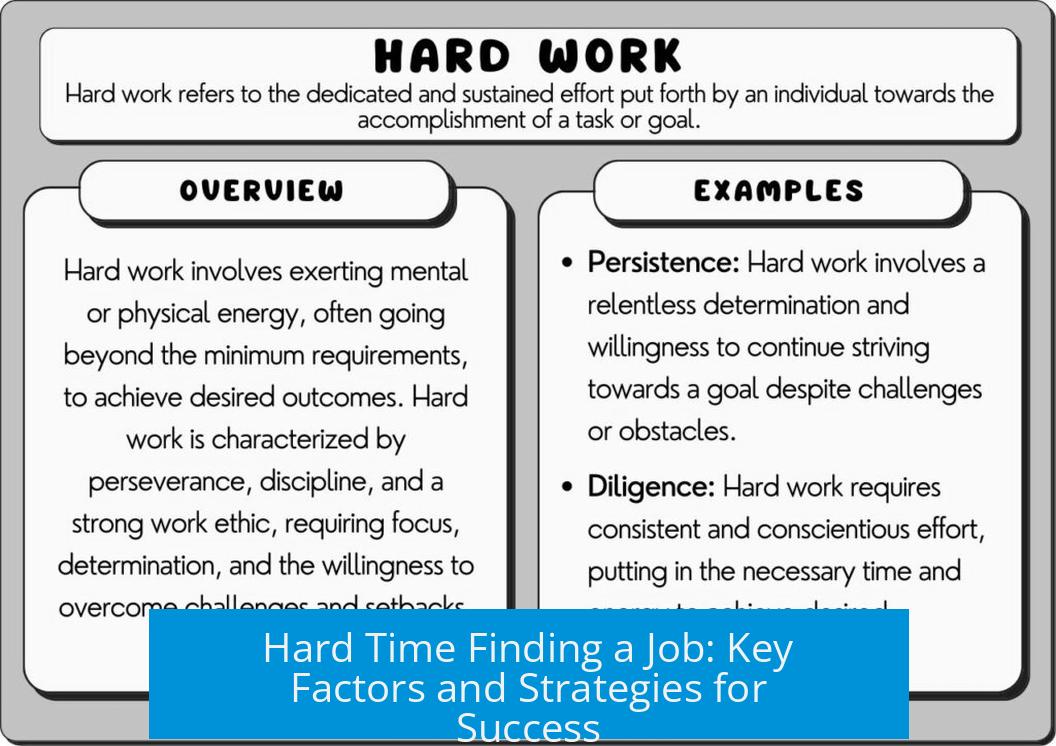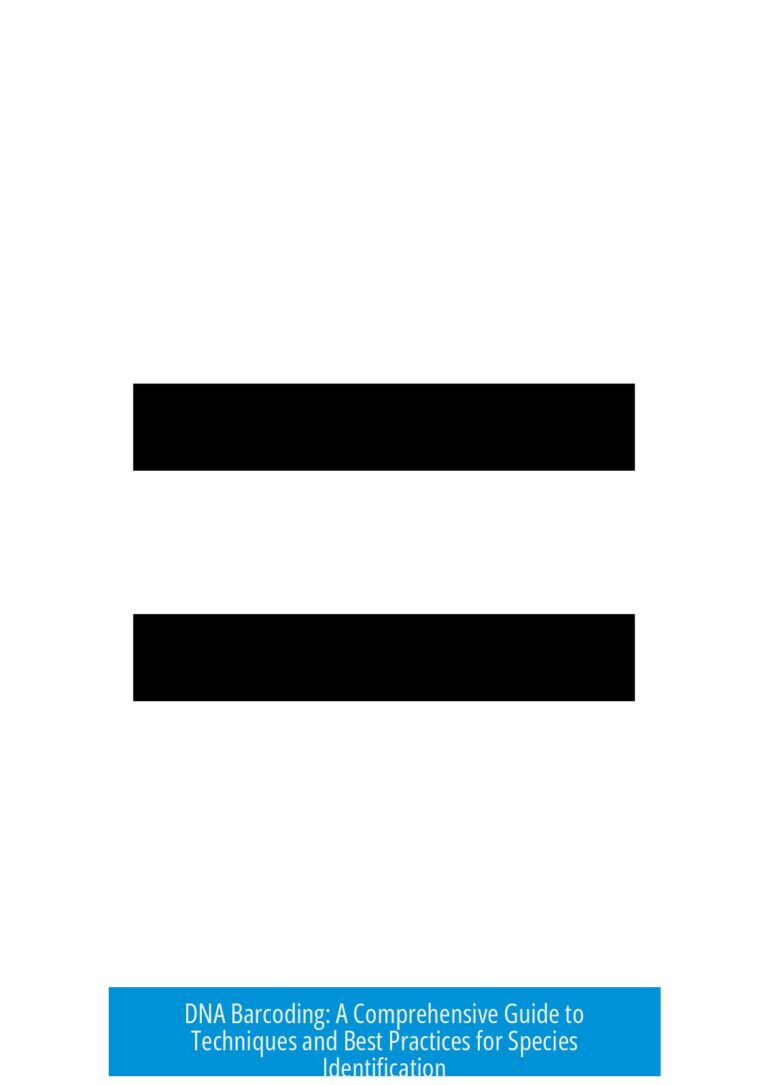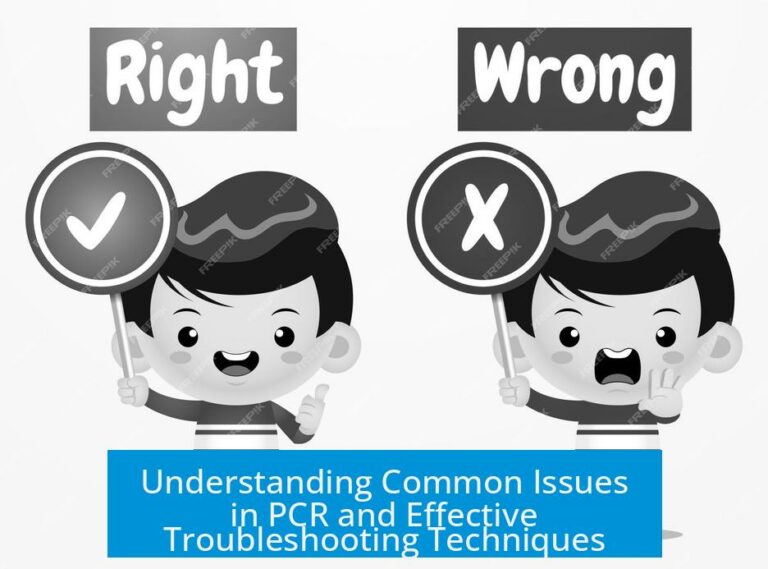Hard Time Finding a Job: Key Factors and Strategies

Hard time finding a job often arises from multiple factors such as degree level, experience, networking, application strategies, and job market realities. Understanding these elements and adapting the job search approach can improve outcomes significantly.
Degree Level and Experience Matter
The type of degree—bachelor’s, master’s, or PhD—greatly impacts job opportunities. For fresh bachelor’s graduates, especially without substantial research experience, securing industry positions can be challenging.
Graduate degrees or specialized research experience tend to increase employability. Employers often look for applicants who have practical skills relevant to the job.
- Clarify your degree level when applying.
- Highlight any lab or research experience.
- List specific techniques or methods learned.
Networking and Referrals Boost Job Searches
Simply submitting applications online often fails because hiring managers may not review every resume in detail. Networking provides a direct route to employers and improves your chances.
Effective networking includes:
- Engaging with professors or mentors who have industry contacts.
- Conducting informational interviews with professionals in your field.
- Building relationships within companies or research institutions.
Nearly half of job searching success results from networking. Without it, applications may fall into a void.
Application Strategy and Attention to Detail
Job hunting is not a numbers game. Sending out generic resumes and cover letters is ineffective. Tailoring each application to the specific job is critical.
Key points for applications:
- Address the hiring manager by name if possible.
- Reference the specific research, techniques, or projects relevant to the job.
- Connect your skills directly to the job requirements.
- Incorporate keywords from the job description to pass automated resume filters.
Employers value candidates who clearly understand the company’s needs. This increases the chance of being called for an interview.
Resume and Interview: Common Issues
Not receiving interview invitations often indicates the resume lacks key information. Resume workshops, especially those linked with industry volunteers, provide valuable insights beyond basic formatting tips.
Consider professional resume rewrites on specialized platforms if needed. Improving LinkedIn profiles alongside resumes can attract more recruiters.
Utilizing University and Institutional Resources
Universities often offer career centers for students and alumni. These centers provide job listings and sometimes facilitate connections with employers.
Additionally, volunteering for research assistant or associate roles can build experience. Such positions, especially in well-known institutes or research hospitals, offer hands-on work and salary better than typical academic roles.
Job Market Realities and Employer Preferences
The job market often favors candidates already known to hiring managers through internal referrals or prior work relationships.
Even top-qualified applicants can lose out if employers prefer someone familiar or internal.
Understanding this can manage expectations and guide job seekers toward strategies like contract roles or smaller companies where entry barriers are lower.
Industry-Specific Approaches and Geographic Considerations
Location affects job prospects. Urban biotech hubs or pharmaceutical centers tend to have more openings.
Suggestions include:
- Applying to contract positions to gain experience and later converting to full-time roles.
- Targeting companies known to hire new graduates.
- Considering research-oriented jobs at institutions like the Broad Institute or Fred Hutch in Seattle.
- Using contract research organization (CRO) roles as stepping stones into pharmaceutical companies.
- Being open to relocation helps access more opportunities.
Additional Tips and Observations
- Explore jobs in lab science, research, or metabolic engineering if industry is too competitive.
- Support resumes with skills like programming or data analysis to stand out.
- Recognize that the job market currently remains difficult across fields and experience levels.
- Stay persistent and flexible with job types and locations.
Key Takeaways
- Clearly present your degree and relevant experience on applications.
- Invest heavily in networking; it drives over half of job search success.
- Customize resumes and cover letters to each position and employer.
- Use university career centers and specialized resume workshops.
- Understand hiring managers often favor known candidates; consider contract or research roles.
- Consider geographic location and industry-specific entry paths.
Why am I not getting interview calls despite applying to many jobs?
If you don’t get interviews, your resume may not show the right skills. Tailor your resume to each job using keywords from the job description. Generic applications don’t attract attention.
How important is networking in finding a job?
Networking is crucial. Many jobs are filled through referrals. Talk to professors, attend events, and do informational interviews. Sending CVs alone often won’t work well.
Should I apply to many jobs or focus on a few?
Focus on quality over quantity. Customize your cover letter for each job. Mention the employer’s name and specific skills or research that relate to the position. This shows you understand their needs.
Can contract roles help me enter the industry?
Yes, contract jobs can be easier to get and faster to hire. But they may not always lead to full-time positions. Be clear with hiring managers about your goals and the likelihood of conversion.
What kind of experience should new graduates seek?
Consider research assistant roles or internships at institutes or hospitals. Hands-on research experience is valued in both academic and industry jobs, especially for fresh graduates.
Are university career centers useful for specialized job searches?
Career centers can help with resume format but may lack industry-specific advice. Look for specialized workshops or industry professionals who can review your resume and provide targeted feedback.





Leave a Comment